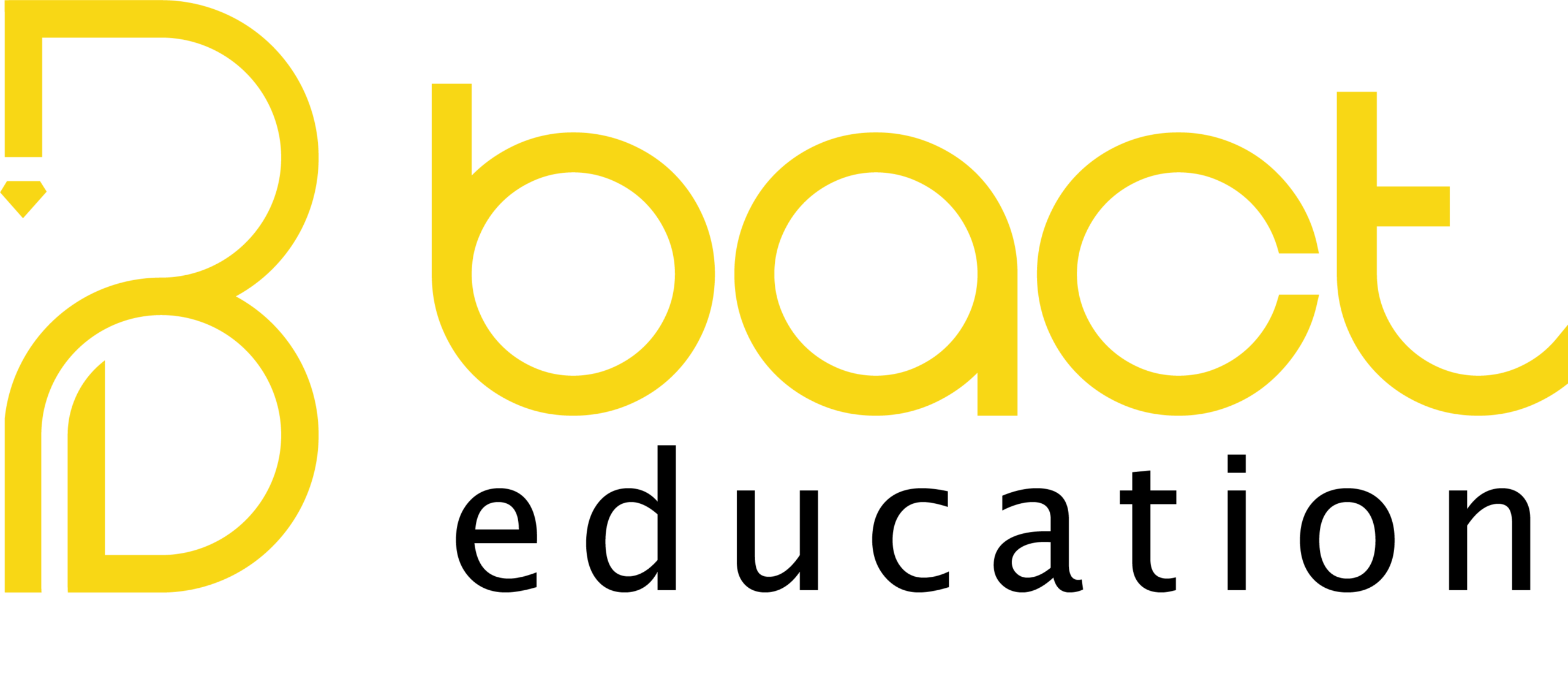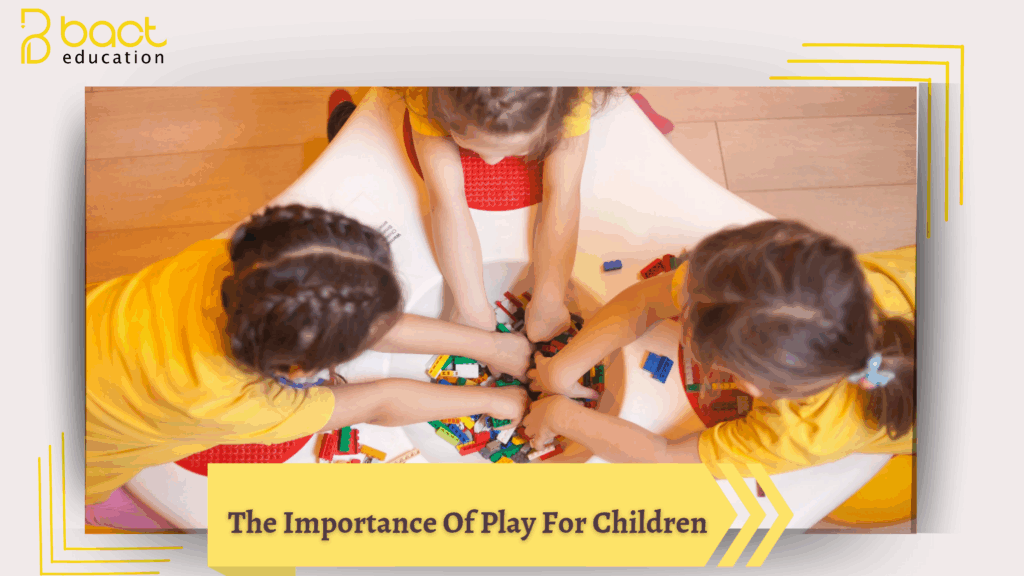Play is not just a way for children to pass the time—it is a vital part of their development. Through play, children learn essential skills, explore their creativity, and develop emotional and social intelligence. Whether it’s structured games, imaginative play, or outdoor activities, playtime contributes significantly to a child’s physical, cognitive, and emotional growth.
## **1. Cognitive Development**
Play stimulates brain development and enhances learning abilities. Activities like puzzles, building blocks, and pretend play help children develop:
– **Problem-solving skills** – Figuring out how things work.
– **Creativity and imagination** – Inventing stories and scenarios.
– **Language skills** – Communicating with peers during play.
## **2. Physical Growth**
Active play, such as running, jumping, and climbing, promotes:
– **Motor skills** – Improving balance, coordination, and strength.
– **Health and fitness** – Preventing childhood obesity and encouraging an active lifestyle.
## **3. Emotional and Social Skills**
Playing with others teaches children how to:
– **Cooperate and share** – Learning teamwork and fairness.
– **Manage emotions** – Handling wins, losses, and conflicts.
– **Build confidence** – Taking risks in a safe environment.
## **4. Stress Relief and Happiness**
Play allows children to express themselves freely, reducing anxiety and boosting happiness. Laughter and fun release endorphins, contributing to emotional well-being.
## **5. Learning Through Play**
Many educational concepts are best taught through play, such as:
– **Counting and sorting** (with toys or games).
– **Science and exploration** (through nature play or experiments).
– **Reading and storytelling** (via role-playing).
### **Conclusion**
Play is a fundamental right of every child and a critical part of healthy development. Parents and educators should encourage unstructured playtime, limit screen time, and provide opportunities for both indoor and outdoor activities. By valuing play, we help children grow into well-rounded, happy, and capable individuals.

